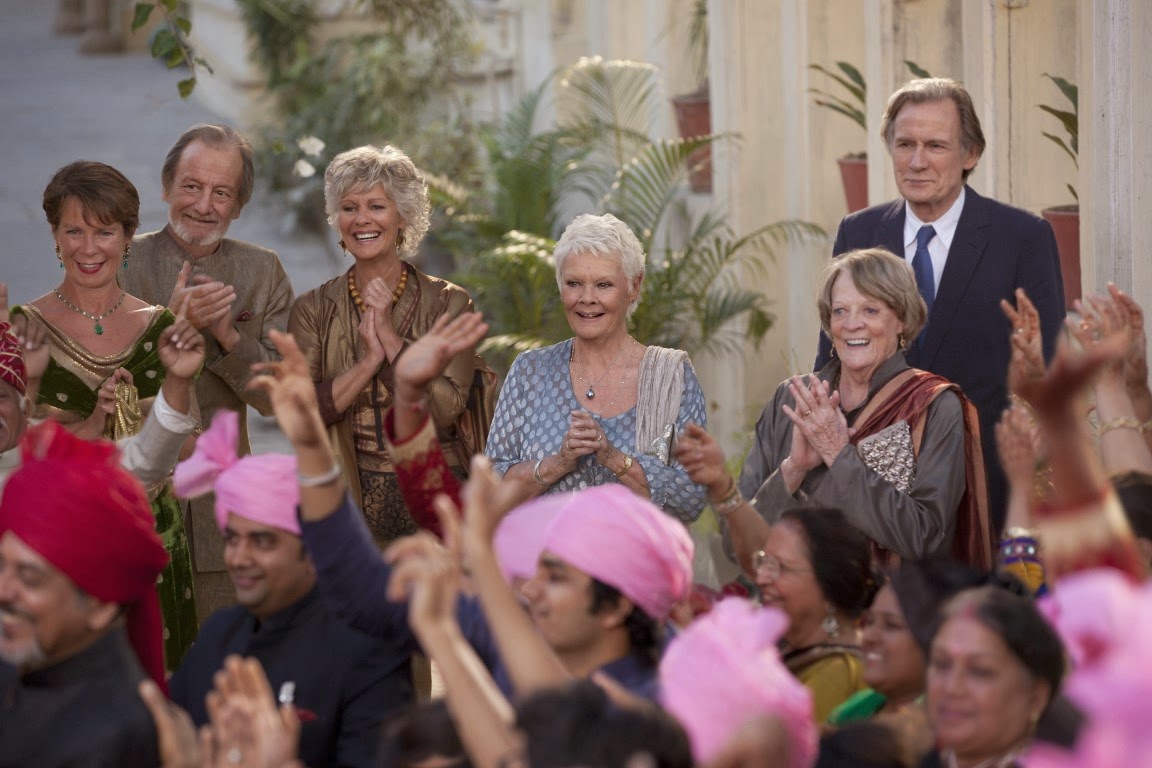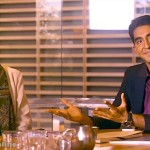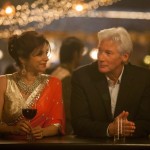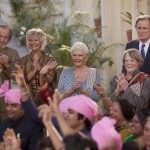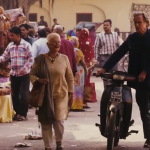“No present like the time”
Millward’s law of sequels consists of one clear statement with a few possible exceptions, riders and provisos. The essential guiding principle is this: no matter how popular your first movie is, don’t even consider making a sequel for the merest fraction of a second, unless:
- Your first movie was The Godfather (and even then only one sequel and definitely no remakes)
- Or…there is so much more plot that must be told and nobody will rest until it is told
- And…the ingredients were so hugely compelling they have formed a life of their own.
In fact, let’s go further: please, please, please DON’T make any more sequels. As often as not the originals were iffy and the law of diminishing returns applies with such a steep curve that they become counterproductive long before the 3rd, 4th, and 5th, after which it’s like watching a dying nag brought to the knacker’s yard to be put out of its misery.
Such films add no value to the genre and are merely a cynical marketing ploy by some studio exec trying to milk the last vestige of cash from the franchise. Worse still, they queer the pitch among the risk-averse money men for genuinely exciting and innovative contributions.
Nobody could claim that applies in the case of the Best Exotic Marigold Hotel, a charming and funny movie which found a winning formula consisting of a brilliant troupe of veteran British character and comedy actors, a script packed with excellent one-liners (ie. lines that actually made you laugh – a rare sight in comedies nowadays) and the wondrous impact of India, the principle setting being Jaipur. Having been there myself, I was immediately reminded of the fact that I adored India, its people and its culture, and the first BEMH went no small way towards capturing and portraying that charm in a way I could recognise.
In industry parlance, it was a sleeper hit – one that catches the studios by surprise, by force of audience reactions and box office receipts, so it was hardly surprising they wanted to make a second outing. If you’re really going to do a sequel then the next rule is not to throw out the baby with the bathwater.
So let’s be clear about this from the start: the sequel to Best Exotic Marigold Hotel is still a Smith/ Dench/ Patel/ Nighy/ Wilton/ Imrie/ Pickup vehicle, albeit with added Gere and Strathairn (to attract American audiences not too familiar with our superior acting talents?) and Greig (a favourite actress of mine and in my eyes far preferable to Gere!) to spice up the mix – but sadly not Wilkinson, since his character died in the first film and has not returned from the grave, and this is a zombie sequel. Ah yes, and India is still a very major player, of course, albeit sharing the limelight very slightly with San Diego, that being where the story starts.
That’s the point really: this is the same story, moved forwards 8 months. There’s no value in my summarising the plot since it is highly predictable – you knew there would be a wedding coming, and in spite of the ramshackle running of the hotel there would be success to follow the initial disasters. Veer too far from that recipe and you are on shaky ground, so the crew here have played it pretty safe.
So SBEMH follows the proven formula of melding expertly-delivered one-liners and turns-of-phrase (see the quote at the head of this review), a fair proportion of which sparkle (better than the humdrum scripts of most sequels, it has to be said,) Add to the mix cod philosophy and tear-jerking poignancy (a touch of syrupy schmaltz compulsory in these movies) and you get the picture. It might be formulaic, but the makers know their audience well.
The theme of time passing and one-foot-in-the-grave angst overridden by a resolutely positive message of new tricks learned in twilight has worn well, energised by the ultimate feel-good factor of the wedding and then by Nighy’s speech and inevitable union with Dench’s Evelyn. It seems audiences like predictability, or at least some audiences, for this fare will certainly not suit all palates.
So… even when the source material, characters and setting are of impeccable pedigree, bringing them all back together without the kerching! moment of paycheque acting and seedy exploitation is still a challenge, but at least director John Madden and writer Ol Parker did it in a knowing way.
How on earth they got past the studio an ironic title including the words “second best” goodness only knows, but a clever ploy. Americans may not bite on something they consider second best, but Brits love an underdog and will appreciate the self-deprecating irony of the title.
Fact is that everybody looks like they’re having a great time, usually the recipe for in-jokes and a massive flop for audiences. Here they are woven in cleverly; for example, the banter between Dench’s Evelyn and Smith’s Muriel includes a line about there being 19 days between them in age – and so there is, Dench being 19 days the senior, and precisely the age of their characters. Let’s face it – this is Dench and Smith playing Smith and Dench.
What matters most here is the interaction between the characters, the scrapes they get into, often inadvertently, and how they resolve their troubles in time for the sentimental finale you always knew was coming.
It’s undoubtedly a cynical exercise to wheel out Gere to do the things Gere does while ageing gracefully, but I get a sense that many a woman doesn’t care what Gere does so long as he looks pretty and seductive, which is essentially what he does here. The cast is uniformly excellent, on which you could always depend, but my praise will focus on two members in particular.
Dev Patel, after his early adventures in Skins and other gauche characters, is maturing into a fine actor, one capable of conveying multiple subtle emotions and developing with the role. He was much vaunted for his role as Jamal Malik in Slumdog Millionaire, but I can see him developing into roles which are not dependent on milking or mimicking his racial characteristics, in the same way that Sir Ben Kingsley grew into his Oscar for playing Gandhi and subsequently displayed a wide repertoire of skills in diverse roles. The boy is only 24 but he will go far.
My review of the first Exotic Marigold Hotel praised the excellent Celia Imrie, with good reason. She stole every scene she was in, as she always does, but it saddens me that she is for the most part deemed an ensemble player, a long-serving friend, collaborator and member of the Victoria Wood informal repertory company. Much like Julie Walters, in fact, but Imrie seemed to prefer to stay in the background and do a brilliant job character acting. She is much, much better than that, certainly deserving of the starring roles won by Dench, Smith and indeed Walters. I hope she is offered and takes them, since this is an actress capable of astonishing audiences everywhere.
But back to SBEMH. If it aims to melt even the hardest of hearts, it generally succeeds. This it does by more of the same, so don’t expect any blinding revelations or dramatic twists, but for all that it is a movie very difficult to dislike in any active way. At the screening I attended people chortled out loud and went away with big smiles on their faces, which for light romantic comedy is all the makers could ever have wished for.
As a sequel it does better than the vast majority, but please, please, please can I urge Mr Madden and co to quit while they’re ahead. The final element of Millward’s law is the age-old showbiz saying:
“Leave ’em wanting more!”
PS. To illustrate the sequel principle, I made the mistake of watching Halloween part 2 last night. An unmitigated disaster area, despite the presence of Carpenter, Pleasance and Curtis, and prima facie evidence why sequels should not be made!

